Financial Futures Begin Here, Explore Your Career Journey!
Discover your potential with us. Join EZ2 Payment for an extraordinary career! We're hiring now!




Let a EZ2 Payments Expert show you how the Global Payment Orchestration Platform could improve your bottom line.
Talk to a Payments Expert